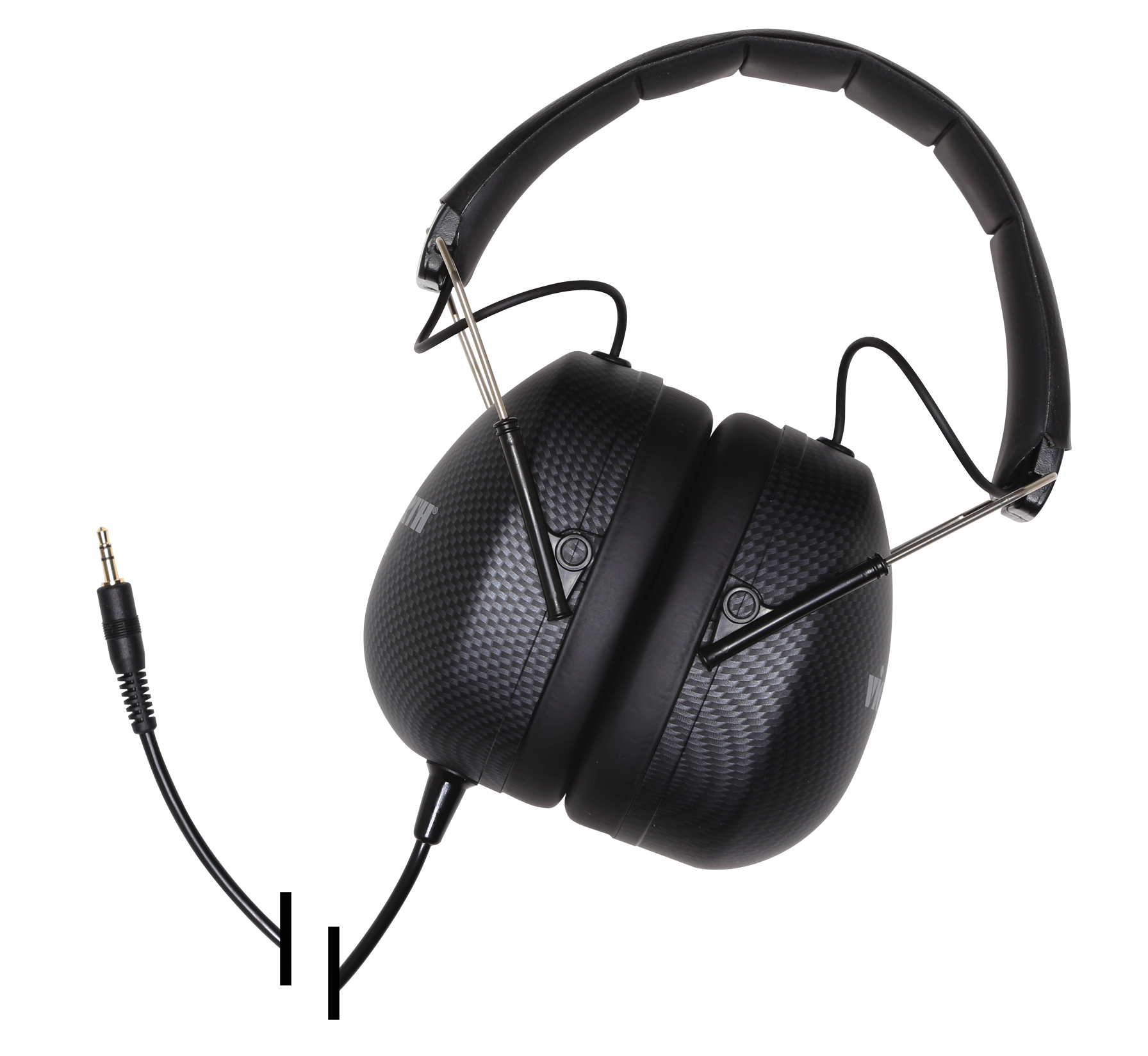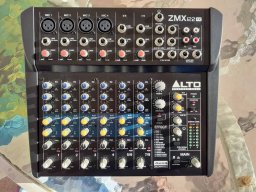Jeremy Crockett
Well-known Member
Hello, and thank you for taking the time to click on this thread.
First, a confession and some self-castigation -- my practice habits need to improve. I played along with a loop track for the first time this weekend and while it was great fun, it highlighted the fact that I should have been doing this for weeks now. Thus, I have committed myself to practice more with both metronome and loop track beginning immediately.
Now, to the point of my post: While practicing I used (at differing times) a set of closed-back headphones and a Bluetooth speaker along with the loop tracks. During this time, I had a couple of observations.
1. I really appreciated being able to hear the volume of the click and music tracks with the headphones. They're way budget so I would like to possibly get a better pair. However, since they are closed, they sort of "interfered" with the sound of the acoustic kit. By that I mean it was hard to gauge my playing and how it "fit in" with the music, if that makes any sense?
2. When using the Bluetooth speaker, I was less able to hear the "click" in the looped music track. Additionally, the volume was too low due to the fact that the speaker is only 16 watts. But, using the speaker, it "felt" more like playing music as I was able to gauge better how I was fitting into the music.
All this leads me to wonder whether or not to purchase a more powerful Bluetooth speaker or a better pair of open-back headphones. The third option is to live with what I currently have and learn to deal with how either one or both sound while practicing. Thus, I come to you guys with more wisdom and experience to get your input on the best way to proceed.
Should I get a better pair of open-back headphones or is a more powerful speaker the better idea? Is there another option that I am missing?
With what do y'all practice? And why do you prefer the method that you do?
All comments and suggestions are greatly appreciated, and I thank you (again) for reading my post.
First, a confession and some self-castigation -- my practice habits need to improve. I played along with a loop track for the first time this weekend and while it was great fun, it highlighted the fact that I should have been doing this for weeks now. Thus, I have committed myself to practice more with both metronome and loop track beginning immediately.
Now, to the point of my post: While practicing I used (at differing times) a set of closed-back headphones and a Bluetooth speaker along with the loop tracks. During this time, I had a couple of observations.
1. I really appreciated being able to hear the volume of the click and music tracks with the headphones. They're way budget so I would like to possibly get a better pair. However, since they are closed, they sort of "interfered" with the sound of the acoustic kit. By that I mean it was hard to gauge my playing and how it "fit in" with the music, if that makes any sense?
2. When using the Bluetooth speaker, I was less able to hear the "click" in the looped music track. Additionally, the volume was too low due to the fact that the speaker is only 16 watts. But, using the speaker, it "felt" more like playing music as I was able to gauge better how I was fitting into the music.
All this leads me to wonder whether or not to purchase a more powerful Bluetooth speaker or a better pair of open-back headphones. The third option is to live with what I currently have and learn to deal with how either one or both sound while practicing. Thus, I come to you guys with more wisdom and experience to get your input on the best way to proceed.
Should I get a better pair of open-back headphones or is a more powerful speaker the better idea? Is there another option that I am missing?
With what do y'all practice? And why do you prefer the method that you do?
All comments and suggestions are greatly appreciated, and I thank you (again) for reading my post.





